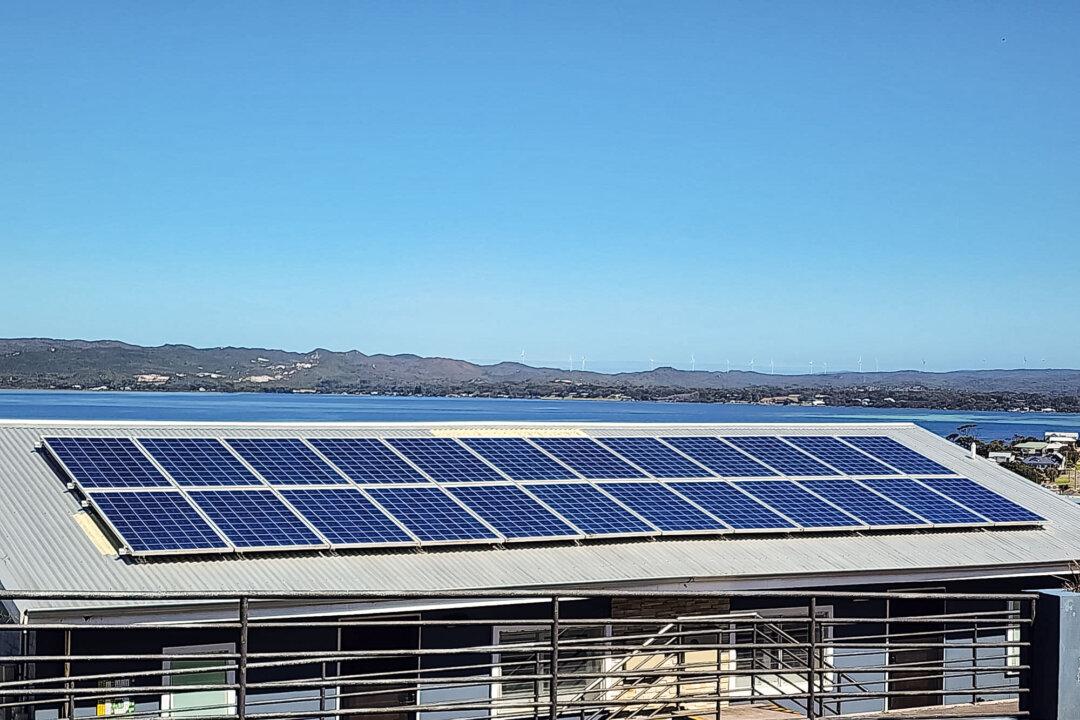Australia can double solar power capacity and install two million household batteries by the end of the decade if supported by the proper policies, the Climate Council said in a new report.
The Council claims that rooftop solar will significantly reduce household and business energy bills while cutting climate pollution.





